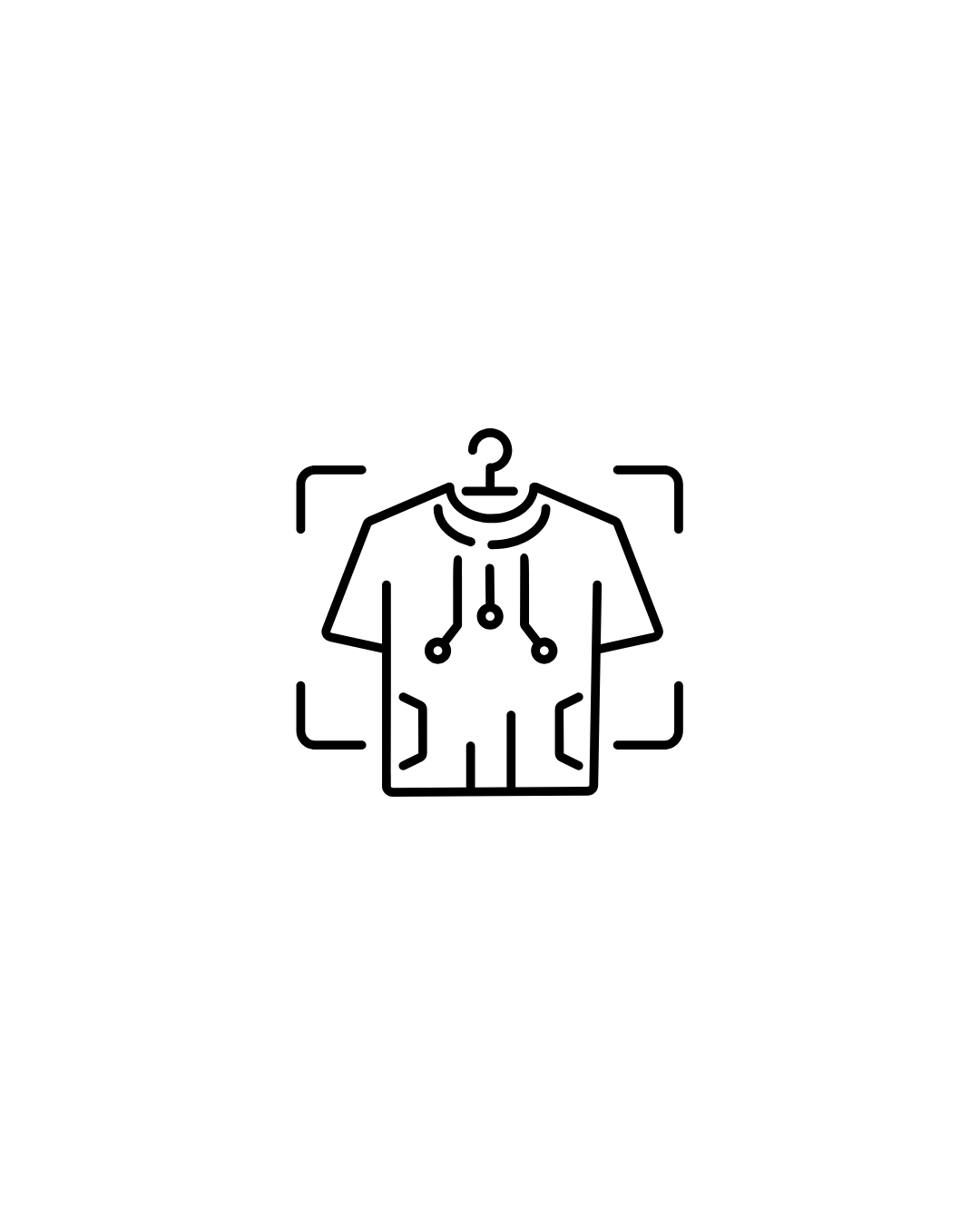Description
A Master of Science (M.Sc) in Fashion Technology is a graduate program that integrates principles of fashion design, textiles, and technology to prepare students for careers in the ever-evolving fashion industry. This program focuses on the technical aspects of fashion production, innovations in textile technology, and emerging trends in fashion management. Below is an overview of the program, including core components, skills developed, and potential career opportunities.
Program Overview
Duration: Typically lasts 1 to 2 years, varying by full-time or part-time enrollment.
Mode: Offered in various formats, including full-time, part-time, and hybrid options.
Eligibility: Usually requires a bachelor?s degree in fashion design, textile engineering, or a related field. A portfolio showcasing design work may be required.
Core Curriculum
The curriculum for an M.Sc in Fashion Technology generally includes core courses, electives, and a capstone project or thesis. Common subjects studied may include:
Fashion Product Development: Understanding the lifecycle of fashion products from conception to retail, including design, production, and marketing.
Textile Science and Technology: Exploration of fibers, fabrics, and finishing technologies, along with their applications in fashion.
Pattern Making and Garment Construction: Techniques for creating patterns and constructing garments using various methods and technologies.
Fashion Supply Chain Management: Study of the logistics and management aspects of the fashion industry, including sourcing, production, and distribution processes.
Sustainable Fashion Practices: Examination of eco-friendly materials, sustainable production techniques, and ethical considerations in fashion.
Fashion Software and Technology: Training in industry-standard software for design, 3D modeling, and virtual prototyping, such as CAD programs.
Fashion Marketing and Merchandising: Strategies for branding, marketing, and selling fashion products in a competitive marketplace.
Skills Developed
Technical Proficiency: Mastery of design software, textile technologies, and garment construction methods relevant to fashion production.
Creative Problem-Solving: Innovative thinking in fashion design, product development, and addressing sustainability challenges.
Project Management: Skills in overseeing fashion projects, including budgeting, timeline management, and team coordination.
Market Analysis: Ability to conduct market research and trend analysis to inform design decisions and product strategies.
Communication Skills: Effective verbal and written communication skills for presenting ideas, collaborating with teams, and engaging with clients.
Career Opportunities
Graduates with an M.Sc in Fashion Technology can pursue various career paths, including:
Fashion Technologist: Focusing on the research and development of textiles and garments, ensuring quality and innovation in fashion products.
Product Development Manager: Leading product development processes within fashion companies, from initial ideas to market launch.
Sustainable Fashion Consultant: Advising brands on sustainable practices and eco-friendly materials in fashion production.
Fashion Merchandiser: Managing product selection, pricing, and display strategies in retail environments to maximize sales.
Textile Designer: Creating innovative fabric designs and textiles for usage in fashion collections and products.
Quality Control Specialist: Ensuring that fashion products meet quality standards and regulatory requirements throughout the production process.
Benefits of Pursuing an M.Sc in Fashion Technology
Industry Innovation: The fashion industry is rapidly evolving, with increasing demand for professionals who can integrate technology and sustainability into design and production.
Interdisciplinary Approach: The program covers a blend of design, technology, and business, offering a comprehensive understanding of the fashion landscape.
Hands-On Experience: Many programs emphasize practical projects, collaborations, and internships, providing real-world experience in the fashion industry.
Additional Considerations
When considering an M.Sc in Fashion Technology:
Accreditation: Ensure the program is accredited and recognized by relevant organizations in the fashion industry.
Portfolio Development: Focus on creating a strong portfolio that showcases your design skills, projects, and technical capabilities.
Networking Opportunities: Look for programs that offer connections to industry professionals, internships, and workshops to enhance your career prospects.
If you have specific questions about the M.Sc in Fashion Technology, its courses, or potential career paths, feel free to ask!









